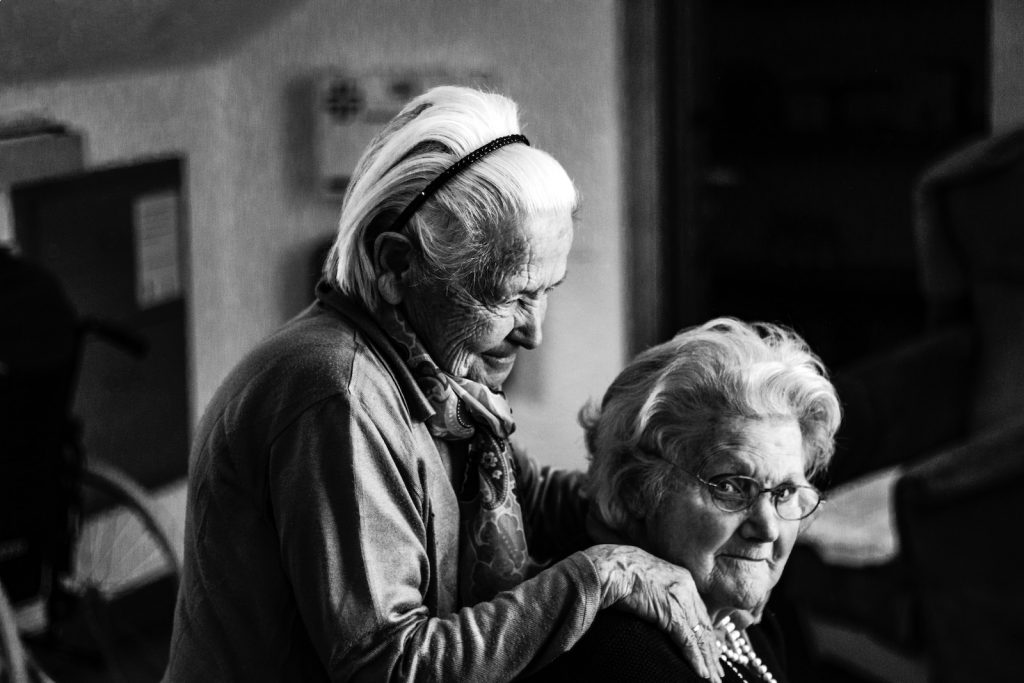When it comes to talking about death, people can be reluctant to use the word itself, as if using the D-word will have some causal impact.
Here at MyGoodbyes, we think it’s important to reclaim death as something that can be a positive experience, and to encourage people to move away from the use of ‘pass away’ or ‘depart’ to avoid the need to say that someone has actually died.
Death is part of life and is something that we all need to come to terms with. As Kevin McKenna writes in his Guardian article on the topic:
“It’s almost as if, having lived life like there was no tomorrow, you’re a bit embarrassed that death has finally caught up with you. You don’t want people to dwell on the fact that you’re mortal after all and give death the pleasure of being all triumphant throughout a week of mourning and wearing black.”
Death is emotionally challenging, particularly when it’s untimely or sudden, but it is also inevitable. Let’s call it by its name and get people talking about it, to help break down any stigma.
Getting the Conversation Started
It can be difficult to find the right moment to talk about death, so here are some ideas to get you started:
- Gather the relevant people together, be that your partner, children or parents. It doesn’t need to be overly formal, but having the right people there is key.
- Consider going out for a coffee or a drink; discussing death and end of life care outside of the home can help keep the emotion out of it
- Try and make it fun and lighthearted, as this is a stage of life we all go through.
- Remember you don’t need to cover everything in one go.
- Start with the basics and keep the conversation going.
- It doesn’t need to be a one way process – you can also use this to find out what your family would like too.



